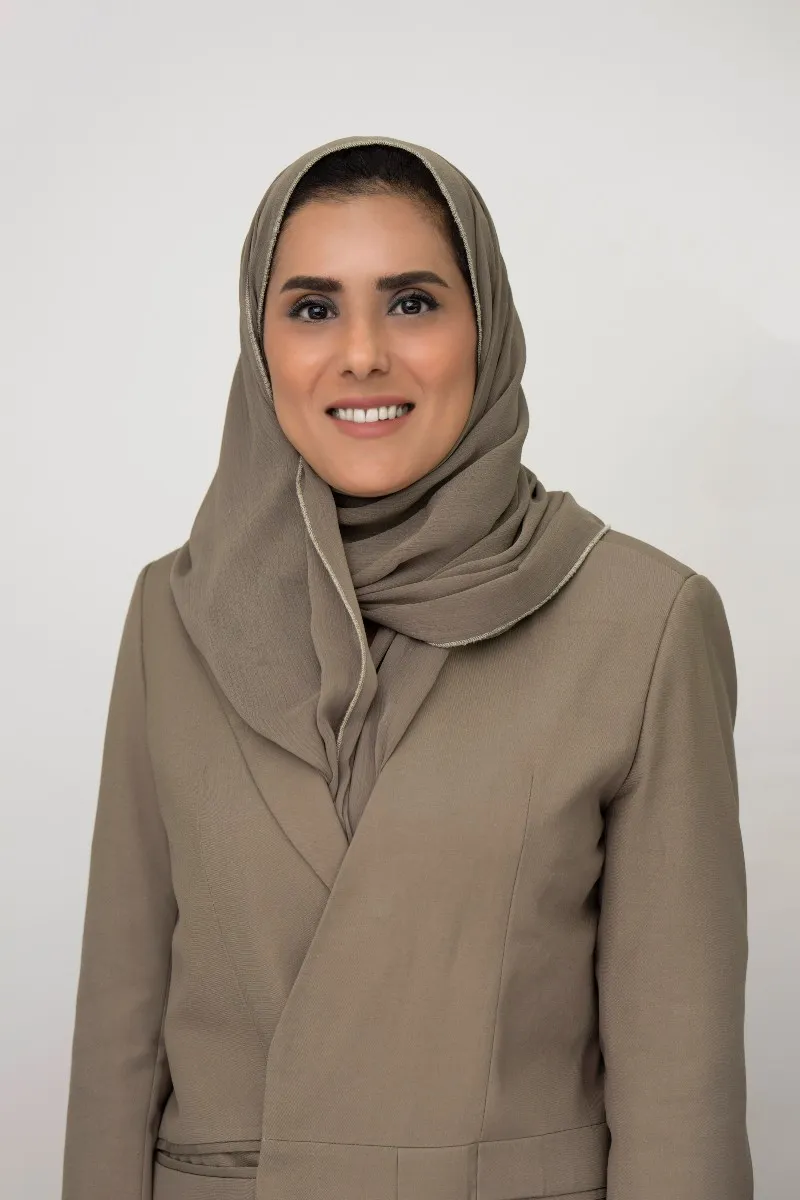Monsha’at's Afnan Ababtain on how Saudi Arabia's SMEs have 40% women entrepreneurs
In a conversation with YourStory Gulf Edition, Afnan Ababtain talks about the different initiatives she has built and worked on to help foster women’s entrepreneurship in Saudi Arabia.
Vision 2030 has given new wings to women entrepreneurship in Saudi Arabia, with women now accounting for 17.7% of all entrepreneurs in the kingdom, as per Global Entrepreneurship Monitor.
Afnan Ababtain serves as the Director of Women Entrepreneurship Department in Monsha’at, Saudi Arabia’s Ministry of Small and Medium Enterprises. Her role is focused towards promoting women’s entrepreneurship and increasing their contribution to economic and social growth in the country.
Ababtain has developed a national strategy to help women entrepreneurs grow through programmes like Business Norah. It offers women a series of online educational episodes for business skill development.
She is also responsible for building the national network for women in business and other research projects to help women in business. Ababtain has also been the executive manager at Prince Sultan Fund for Women Development where she led programmes to empower women and youth to develop skills and start their own businesses.
Apart from leading an organisation for women's development, Ababtain has also led the team to build and operate Saudi Arabia’s first and largest women’s incubator. She has also helped non-profits develop several programmes and strategies.
In a conversation with YourStory Gulf Edition, Ababtain talks about how the different initiatives she has built and worked on are fostering women’s entrepreneurship in Saudi Arabia.

Afnan Ababtain, Director Women Entrepreneurship, Monshat
Global Entrepreneurship Network’s Jonathan Ortmans on why he is bullish about Saudi Arabia
Edited excerpts of the conversation
YourStory Gulf [YS Gulf]: What are the different initiatives you have taken to foster women's entrepreneurship in Saudi Arabia?
Afnan Ababtain [AA]: We started in 2016 with a deep dive into the situation of women in Saudi Arabia in business. We studied different incentives that are already present in other countries to support women to start up and scale up, but also looked into what kind of regulation we needed to support women to enhance their participation in different sectors.
This has been our main focus as a country in order to achieve our Vision 2030. We have been looking at different sectors and unlocking challenges. The most important question we always ask is ‘what can we do to get women across all sectors?’
We began with developing a strategy for building competencies needed for women to become a part of the workforce and foster entrepreneurship. This was done in collaboration with main stakeholders from the government, ministries, and private industries to understand regulations and change them across sectors.
In 2016, the number of women who owned SMEs was only 21%, but today, 40% of the SMEs are owned by women. These SMEs are of different sizes. We have a great ecosystem today to encourage women to start their own businesses or scale them. They can get any form of support across all stages—ideation, scaling, or even growth stages.
YS Gulf: How was the journey and what steps did you take to drive entrepreneurship?
AA: We, as a country, are very ambitious and we believe women need to helm leadership roles. We have been ensuring women lead different sectors. This, in turn, encourages the younger generation to get into entrepreneurship. Success stories of different women will change the narrative.
The challenges we faced were similar to what women go through globally. It is a proven study that until women aren’t fully sure of a sector, they do not take the risk of doing business. That is one of the reasons why we focused on helping women access knowledge, awareness, mentorship, inspiration, and guidance.
We also help them get access to women angel investors. We also help them invest; several women have the money and don’t know where to invest it. We help women choose, make the right investment decisions, and also enable them to invest in other women-led businesses.
Our aim is to change the entrepreneurship culture and mindset. We also help create new demands like social entrepreneurship, ecommerce etc. It is about helping strengthen existing businesses and also looking at newer industries. There is also a strong focus towards providing women access to finance.
We work with Cavada, a government initiative for bank funding for women. Earlier, 4% of women benefitted from this initiative and now, close to 30% of women have benefitted from this programme.
YS Gulf: What sectors are women entrepreneurs focused on?
AA: While women entrepreneurs are working across all sectors, the main sectors they are focused on are F&B, education, retail, ecommerce, beauty, and cosmetics sectors.
YouTube’s Steve Chen looks to replicate Valley-like ecosystem in markets like Saudi Arabia and Taiwan
YS Gulf: What are your main focus areas in the next phase?
AA: Our main focus in Monsha’at is to increase the participation of women in solving different challenges through social entrepreneurship. While now we have a strong proportion of women who own businesses, we want to ensure that these businesses reach significant growth and scale. The idea is to bring strong quality by enabling them to use technologies to scale, create more jobs, and open new doors for the new generation, for creativity.
YS Gulf: What advice would you give women entrepreneurs?
AA: It just isn’t a study, but I see it in reality that women always underestimate themselves and what they can do. I would advise women to take their first step and believe in their skills. You can invest in yourself and learn along the journey.
(Image Credit: Nihar Apte)
For any press related queries or to share your press releases, write to us at
[email protected].
Edited by Kanishk Singh







